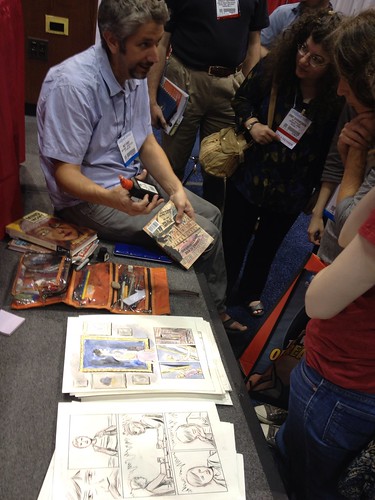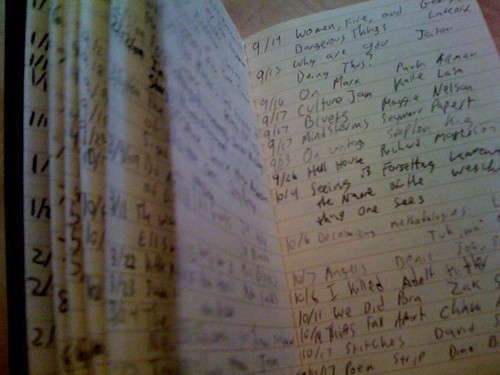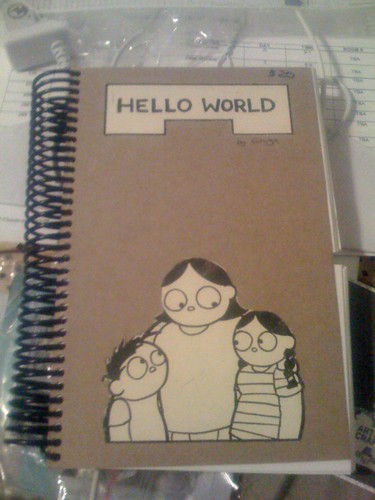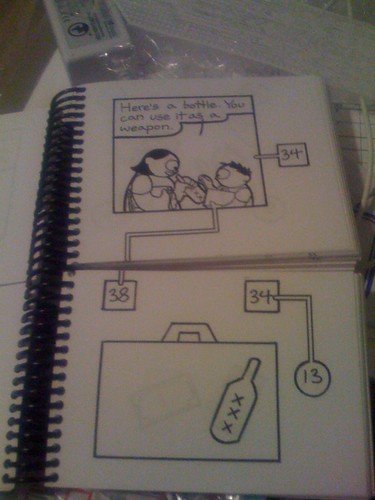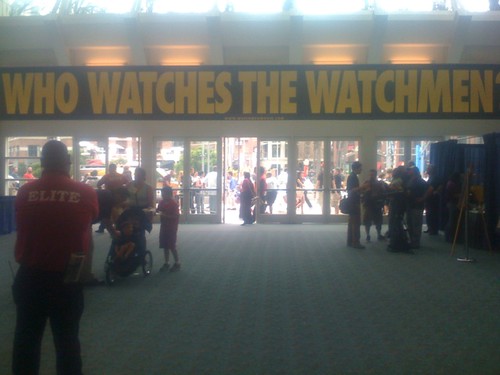
Another year in reading and I’m left tallying and questioning. Much of my research lately focuses on what counts as reading. A healthy portion of the books included here are audiobooks (I’ve mentioned previously they are usually listened to at double speed). Is that reading? As one of my students noted, it’s more like “like reading.” Similarly, the seemingly random line between what’s tallied and what’s not is problematic. My list favors the bound not the stapled. Early in 2012 I read Who Is Jake Ellis as a trade paperback collection of comic books. I am currently reading the second arc of this story, Where is Jake Ellis in serialized form, one issue each month as they are released. When this is done, these comics (and the many, many more that I’ll read) won’t be tallied here. Nor will the single chapters of books or many journal articles I’ll dive into. Nor will the hundreds of blog posts I’ll swim through. Or the Youtube comments or cooking recipes or the or the ortheorthe. I only catalog so much of my life and, at least for this annual post, I’ve decided it’s going to be things that are bound and things that typically have isbns. Further, as the number of YA texts I read continues to increase, I am interested in what is typically considered “academic.” For example, I guarantee you that reading Gossip Girl this year was a purely academic effort, despite the fact that it’s not counted as such in this year’s list. All that ranting being ranted, here’s the list:
Books read in 2012: 121
Comics and graphic novels included in reading total: 23
Books of poetry included in reading total: 2
Books reread included in reading total: 7
Academic & Education related books included in reading total: 21
YA and Junior Fiction books included in reading total: 32
A few thoughts and highlights (and here are my posts on books read in 2011, 2010, and 2009):
In terms of fiction, I find myself thinking back most frequently to Steve Erickson’s These Dreams of You. There is a longer discussion of race, representation, and privilege within the book that I think Erickson somewhat glides beyond. However, it’s a book that I really enjoyed and was generally overlooked this year.
I spent more time this year with 1Q84 than any other book. It was a text that dragged me slowly and resistantly into its long and patient world. I found it stereotypical and misogynistic to begin with only to be pulled into the surreal double-mooned realm of Murakami’s latest off-kilter universe.
Not a whole lot, again, in terms of BSRAYDEKWTDWT (that is: Books So Ridiculously Awesome You Don’t Even Know What To Do With Them). However, Chris Ware’s Building Stories is such a great example of the genre that I’m reserving discussion of it for a future post on literacies, archiving, geography and exploration. Suffice to say that Ware’s work is so universally acclaimed that one has to just throw a digital rock and you’ll hit a link or two or three or four praising the book.
I really liked Many Subtle Channels by Daniel Levin Becker. Essentially an insider’s history of the Oulipo, the book is neither overly academic nor entirely focused on the landscape of experimental literature. Instead the unique personalities, voices, and movements of a group of writers emerge in a compellingly readable book. Anyone interested even remotely in the idea of “experimental” or playful literature should take a look at Becker’s book.
In terms of comics, I finally tackled Duncan the Wonder Dog and feel it deserves the smattering of acclaim it’s garnered from a generally small readership. A page from the book is at the top of the post and with nearly every page of the book as intricately labored upon as this one, the book’s depth and design match the complex ethical exploration of the relationship between animals and human.
Gabrielle Bell’s collection of comic diaries The Voyeurs was also a powerful image-based book I appreciated and continued to reflect upon this year. It reminded me of a hyper-verbal version of Lewis Trondheim’s Little Nothings series. The sequence detailing Bell’s experiences at the San Diego Comic Con were particularly entertaining to view.
Like his documentary films, I found Errol Morris’ Believing is Seeing engrossing and challenging. The questions about truth and image and representation reminded me of the best of some of Weschler’s book length profiles. Morris is deliberate in how he makes and develops a thesis and I can imagine each of the essays in the book acting as useful examplars for multimodal argumentation.
Finally, I concluded this year by tackling Lemony Snicket’s A Series of Unfortunate Events. All of them. I’m still reflecting over the relationship between the series and a certain boy wizard with a lightning bolt on his head. I’m also interested in the linguistic development of the book, particularly Sunny’s developing babble over the thirteen books and the way it exhibits a kind of double consciousness (if anyone has any academic texts related to the Snicket series, the are appreciated).
As 2013 approaches, I am halfway through Sergio de la Pava’s A Naked Singularity. The book’s frenetic jumps from courtrooms to meetings with clients to bitching about said clients to family gatherings to insane neighbors and more than a few encounters between the protagonist and Uncle Sam and a Chimpanzee make the book one I’m enjoying at a slow, winter’s pace.
Tell people this is awesome:
